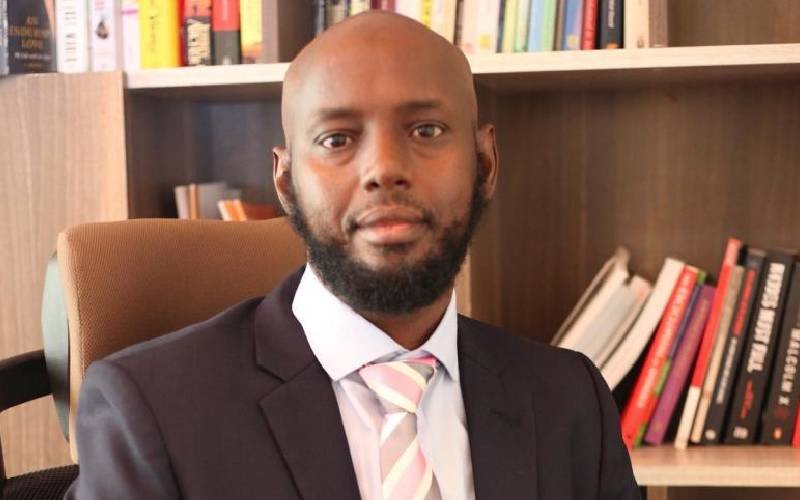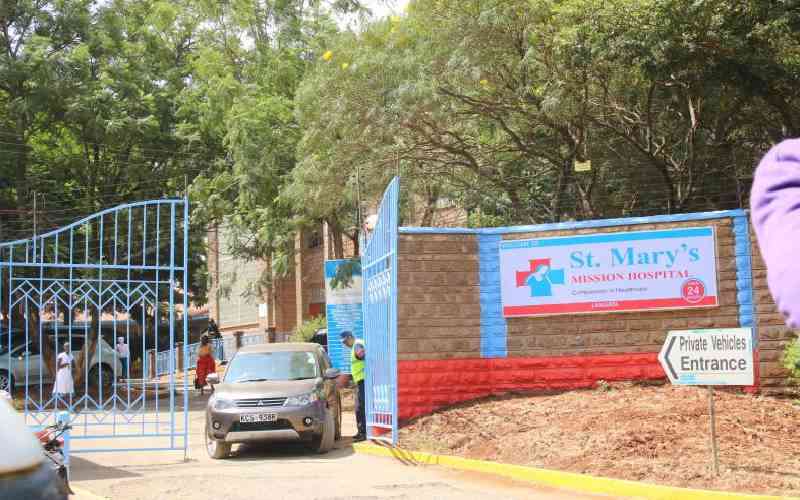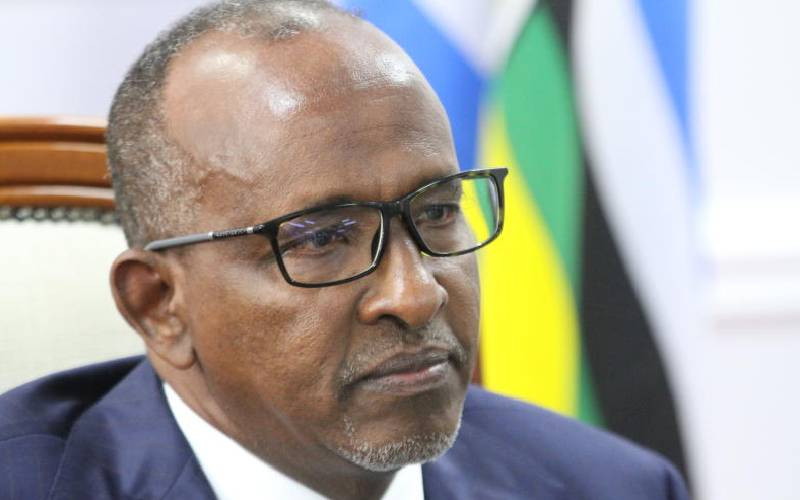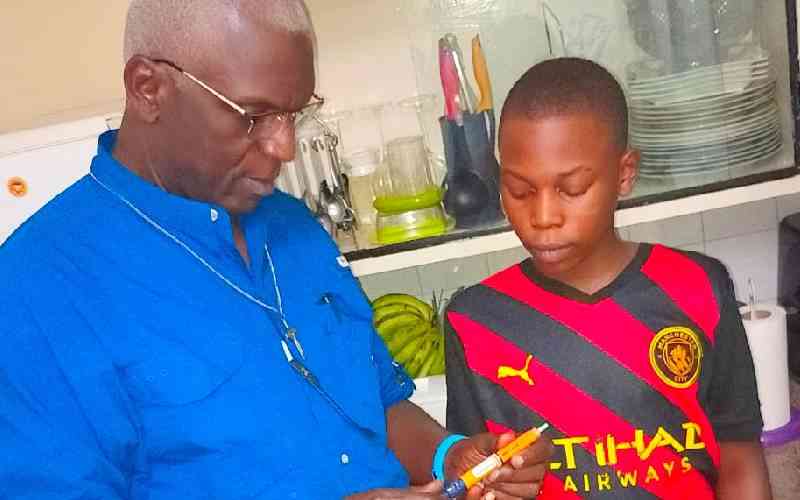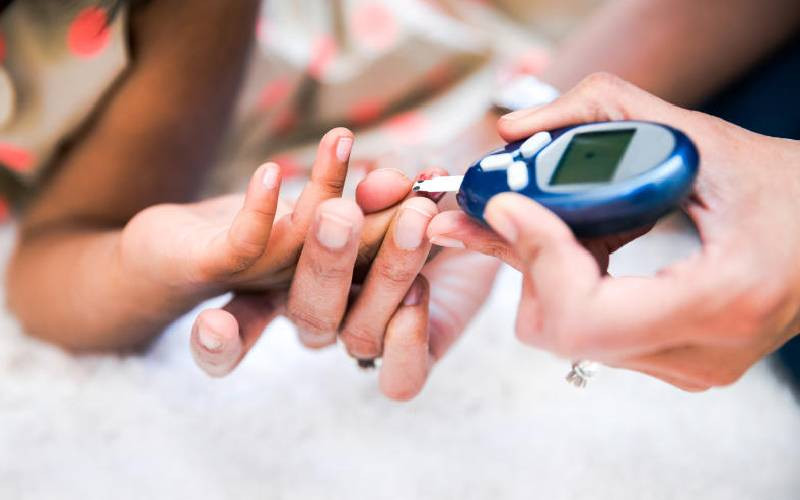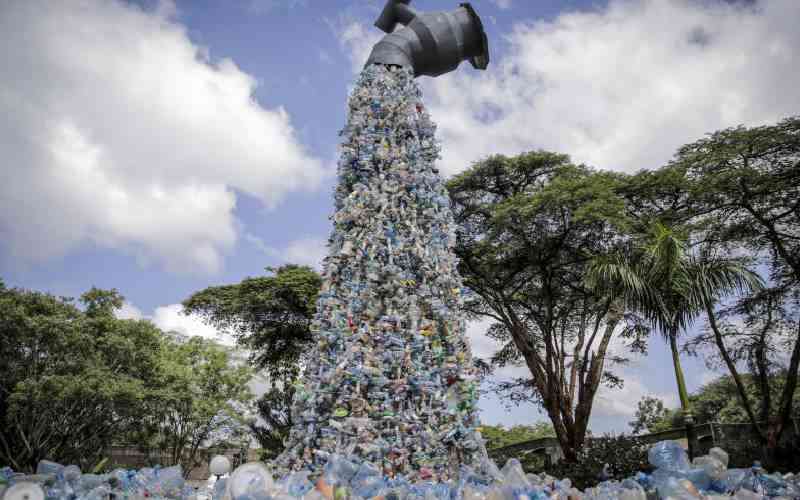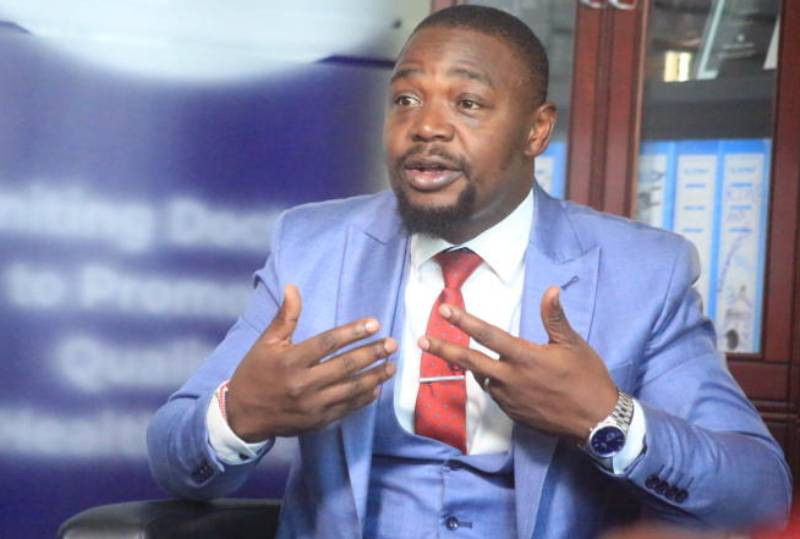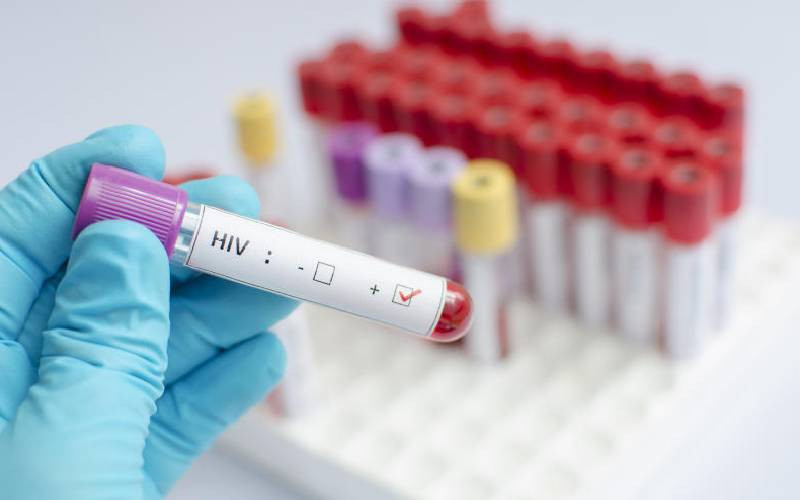
Kenya is grappling with low treatment coverage of HIV among children. According to the latest NASCOP report, only 8 out of every 10 babies born with HIV are initiated on treatment—equivalent to 75 per cent.
As a result of the low treatment uptake, viral suppression among children remains at just 66 per cent.
Kilifi County has recorded the highest treatment interruptions, followed by Laikipia, Turkana, Samburu, Kajiado, Narok, Nandi, West Pokot, Nakuru, Kiambu, Mombasa, and Baringo.
These findings were shared by Franklyn Songok, a NASCOP representative, during a recent presentation.
The revelation comes just four years before Kenya’s target of eliminating new HIV infections among infants by 2030.
"Stigma and disclosure challenges are high, affecting treatment of babies," Dr Nelly Pato- NASCOP Lead of prevention of mother-to-child transmission.
- Why more newborns are contracting HIV from breastfeeding
- Syphilis infections rise sharply with women most hit
- Kenya set to receive injectable HIV preventive drug
- Alarm as infant HIV infections spike in Wajir
Keep Reading
Other challenges include commodity and supply chain issues.
Pato said there is a big gap in HIV treatment among children- "most are not on treatment nor the viral suppression."
In Wajir, Mandera, Samburu, West Pokot, and Isiolo the mother-to-child transmission is thrice that of the national average.
Meanwhile, People living with HIV have raised the alarm over a growing number of treatment defaulters, which they attribute to the aid cut by US President Donald Trump.
They say the situation is driven by fears of a potential shortage of antiretroviral drugs (ARVs), which have been largely supplied by the US. government.
Nelson Otwoma, Executive Director of the National Empowerment Network of People Living with HIV/Aids in Kenya (Nephak), said anxiety over drug availability is contributing to treatment interruptions.
“There is a perception that without US funding, ARVs will not be available,” Otwoma told The Standard in an interview.
Jerop Limo, a youth representative at Nephak, added that while some people are still collecting their medication, many fear running out of stock before their next refill.
 The Standard Group Plc is a multi-media organization with investments in media
platforms spanning newspaper print
operations, television, radio broadcasting, digital and online services. The
Standard Group is recognized as a
leading multi-media house in Kenya with a key influence in matters of national
and international interest.
The Standard Group Plc is a multi-media organization with investments in media
platforms spanning newspaper print
operations, television, radio broadcasting, digital and online services. The
Standard Group is recognized as a
leading multi-media house in Kenya with a key influence in matters of national
and international interest.

